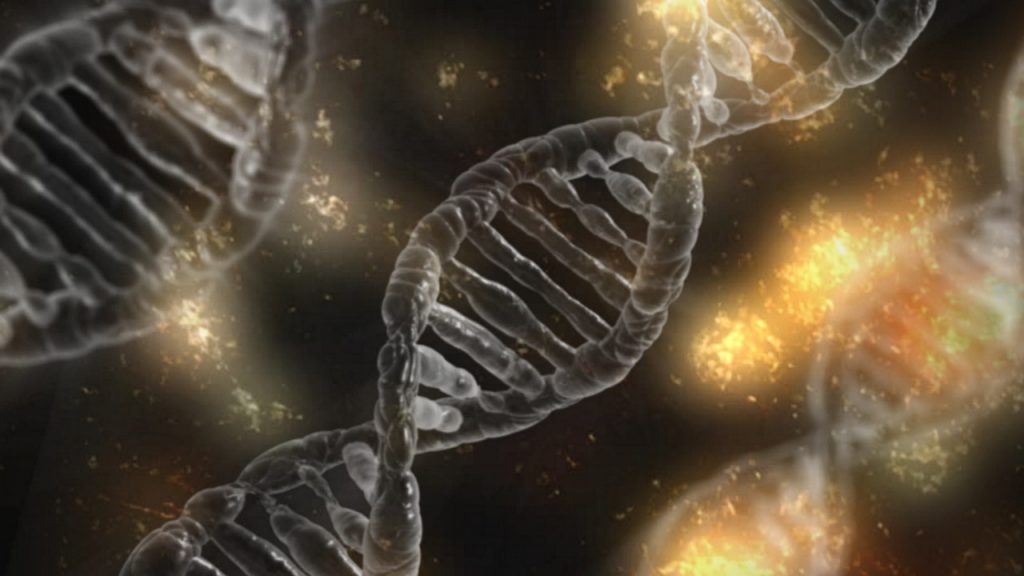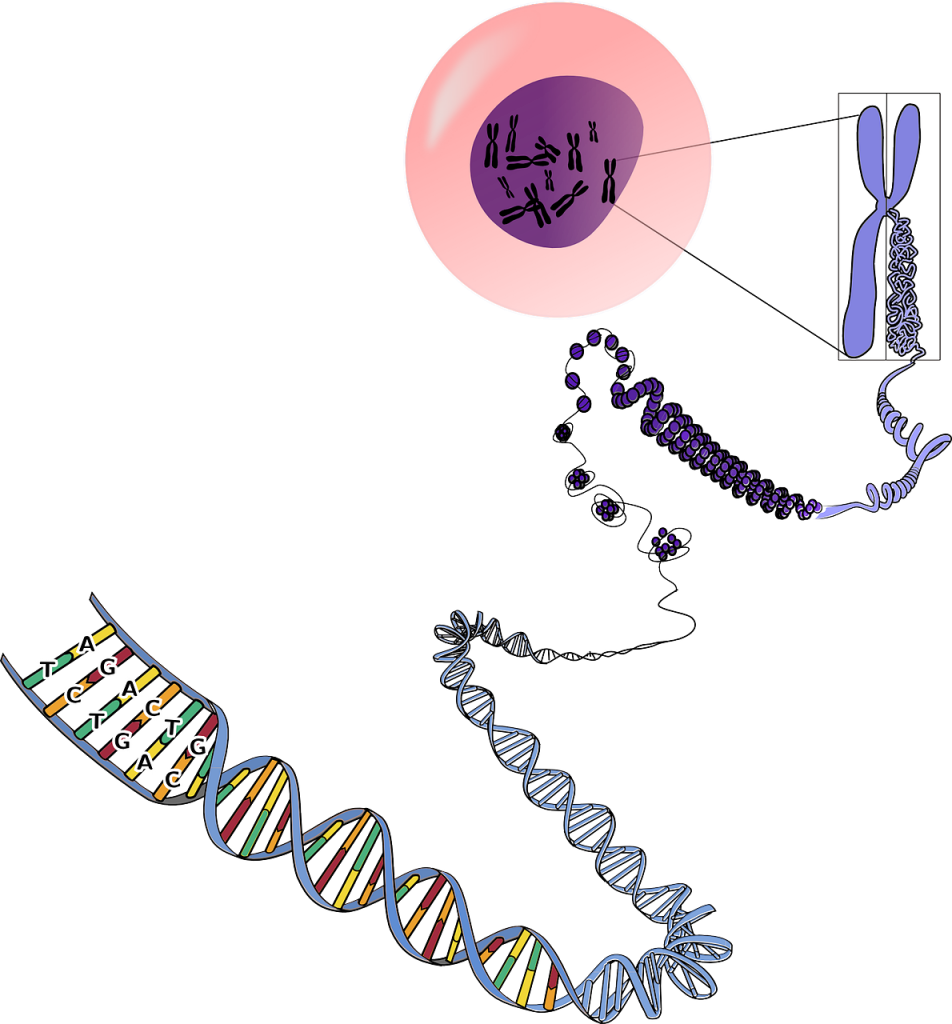Swiss DNAlysis is committed with high standards of genetic testing. It is important for us that users of our services understand the principles of genetic testing and the process to get results.
A genetic counselling is recommended before and after performing the genetic test. Important information about the test, expectations, utility and impact of the results should be provided in advance to every genetic test user. If you need genetic counselling, please contact us.
We try to summarize general concepts of genetic testing here. Before performing the test, make sure you don’t have questions about the test.

Common Questions:
What is needed to perform a genetic testing:
- We need cells since the genetic information or DNA of each person is stored in the cell nucleus. Usually 3-5ml of blood sample has enough cells and provide enough DNA to perform the test. When the test is performed to search only one specific known mutation, we can take cells from the mouth using a buccal swab. The number of cells is less with this approach and therefore DNA quantity is also less using this method, but it is enough for single mutation testing.
- Informed Consent: Genetic test is voluntary. The test has benefits, limitations and risks. The decision to be tested is personal. A genetic counsellor can provide you information about the pros and cons of the specific test and discuss the social and emotional aspects of the test.
- Insurance approval or payment commitment
What is a genetic testing?
Genetic testing is a type of medical test aiming to identify changes in chromosomes, genes or proteins. It is very useful to detect the risk to develop several diseases in asymptomatic individuals or to confirm the genetic origin in cases in which the disease has been diagnosed.
Why it is important to perform genetic testing in inherited diseases?
- The utility of the genetic testing is variable and depends on the disease. For many conditions the genetic test can provide important information useful for your treating physician to perform crucial therapeutic decisions.
- It is also useful to evaluate the prognosis of several diseases.
- When a genetic condition has been detected in one patient, it allows the evaluation of other family members at risk to develop that same condition. Sometimes the genetic evaluation of that single mutation is easier and cheaper than regular medical evaluation of asymptomatic relatives.
What will happen with my sample and genetic data after the test?
You will decide how we should proceed with your sample after the test is completed in the informed consent. Genetic information is confidential, results will be only shared with the individuals you have asked us previously in the informed consent.
How long it takes to perform the genetic test?
It depends on the test, for test panels it will take in average 45 days (from 15 days to 2 months). For single mutation detection or cascade screening in family members, the test will be ready in around 7 days.
What is a mutation?
The genetic material stored in the cell-nucleus contains all essential information to build our body. This information is stored in our genes, and several genes are packed in chromosomes. A gene is a sequence of nucleotides (adenine, guanine, cytosine and thymine) or DNA which act as instructions to make molecules called proteins. Humans have between 20,000 to 25 000 genes. Nowadays, the function of less than 10,000 of these genes are known.
Our body is builded by proteins which are generated based on the gene coding sequence. A change in the sequence of nucleotides within a gene is called mutation, a defect protein can be produced and therefore a disease. Not all mutations are disease-causing. Some may not affect the protein function and some actually protect our body of some diseases.
Every person has two copies of each gene, one inherited from the father and one from the mother. For some diseases both copies should have the mutation to develop the disease (recessive disease) and for some others, one defect in one gene is enough to have a risk to develop a disease (autosomal dominant diseases).
Sometimes a genetic mutation generate the disease in some family members but not in all (reduced penetrance) or can give different disease manifestations (variable expression of the disease). Therefore, the genetic test results should be interpreted as a risk factor. Sometimes the contribution of genetics is high and sometimes low.

What are the principles of the test?
In the panel genetic test, we perform a deep analysis or “read out” of the sequence of several genes associated to some specific disease using Next Generation Sequence (NGS) also known as high-throughput sequencing. Every potential mutation found by this method is confirmed by a second method called Sanger Sequencing.
We report 3 types of mutations:
Pathogenic: means that there is enough evidence to say that the mutation affects negatively the protein and therefore is able to cause disease.
Likely pathogenic: means that with high probability that specific mutation will produce a defective protein and disease.
Uncertain Significance: means that there is not enough information at this time to properly classify that mutation. Usually these findings will need a re-evaluation in 2 to 5 years.
Mutations considered benign or likely benign are usually not reported since their impact in our health is low.


